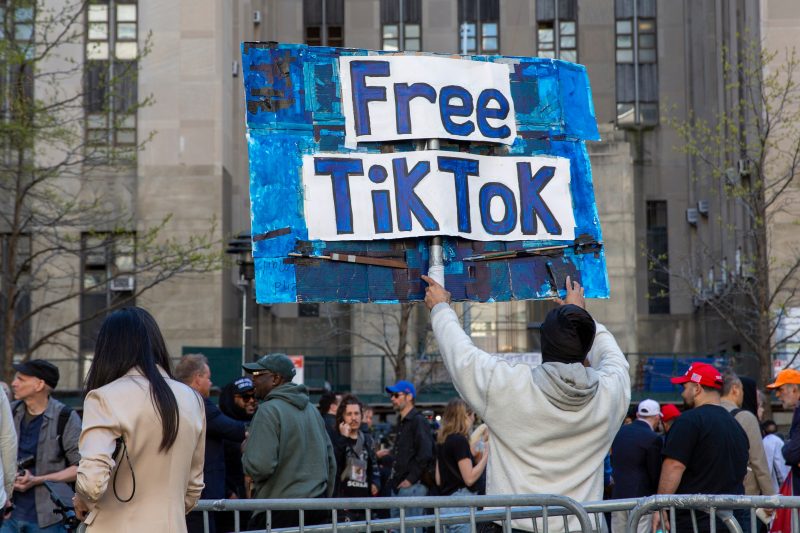In a surprising turn of events, former President Donald Trump has once again shifted his stance on the popular social media app TikTok, accusing the Biden administration of wanting to ban it. This latest development adds a new layer to the already complex relationship between the Trump administration, TikTok, and national security concerns.
The controversy surrounding TikTok first gained momentum during Trump’s time in office when his administration raised concerns about the app’s ties to the Chinese government and its potential to compromise user data. In response, Trump signed executive orders in 2020 seeking to ban TikTok from operating in the United States unless it was acquired by an American company. This led to a series of legal battles and negotiations, eventually resulting in a deal where Oracle and Walmart would acquire stakes in TikTok’s U.S. operations.
However, Trump’s recent accusations against the Biden administration indicate a shift in his position on the matter. His claims suggest that the new administration is considering banning the app, a move that would reverse the progress made in addressing the national security concerns surrounding TikTok during his presidency.
It is important to consider the implications of banning TikTok, a platform that has amassed a massive user base and serves as a hub for entertainment, creativity, and social interaction. A ban could have significant economic repercussions, as TikTok generates revenue through advertising and partnerships with content creators.
Additionally, the decision to ban TikTok raises questions about internet freedom and the balance between national security concerns and individual rights. While it is crucial to safeguard user data and protect national security interests, it is equally important to respect the rights of individuals to access and utilize online platforms of their choice.
As the debate over TikTok continues to unfold, it is clear that the issue is multi-faceted and requires a nuanced approach. The actions taken by the U.S. government will not only impact the future of TikTok but also set a precedent for how other countries and platforms navigate similar challenges in the digital age. Moving forward, it is essential for policymakers to consider the complexities of the situation and strive to find a balanced solution that addresses both security concerns and user rights.

